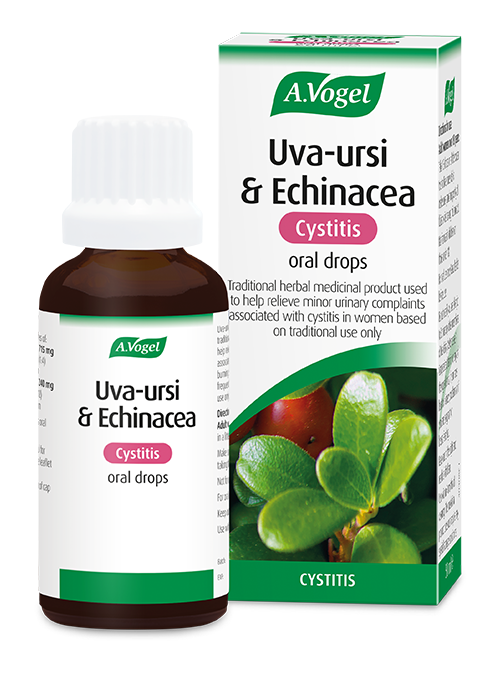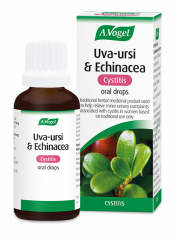Does drinking lots of water help cystitis?
Drinking enough water can help prevent and ease symptoms of cystitis, a type of urinary tract infection (UTI) of the bladder. Scientific research has found that drinking 1.5litres of water in addition to normal intake was effective in preventing cystitis. (1)
Does drinking water help prevent recurrent UTIs?
Drinking more water is the number one protocol I give to clients who get recurrent UTIs. By staying hydrated and drinking sufficient amounts of water, many women can avoid recurrent cystitis infections.
There was a randomised control trial published in the JAMA Internal Medicine peer-reviewed medical journal that looked at 140 women over a 12 month period, who had been getting at least 3 UTIs a year before joining the trial. (2)
The participants were randomly assigned to drink 1.5 L of water daily in addition to their normal fluid intake. The study found that the women who increased their water intake had fewer episodes of cystitis and used fewer antibiotics compared to the control group.
Drinking more water, particularly if you don't already drink 1.5-2 litres a day, is always a good idea and will give you a whole host of great side benefits, including better skin and digestion. Keep in mind that if the weather is extra hot or if you exercise a lot you will need to drink even more water as well! If you are prone to regular UTIs, why not give it a try!
Can you flush out a UTI like cystitis by drinking lots of water?
When you have an active bladder infection, drinking more water can potentially help too. Often referred to as 'flushing out the UTI', the idea is that by drinking more water you can help to move the bacteria through your system and out via the urine.
While there isn't much research to back this up, it can be a helpful addition to a cystitis protocol. I would also add in some herbs, such as Uva-ursi and Echinacea, and lifestyle tips like avoiding refined sugar, wiping front to back, and weeing whenever you feel the need - especially after sex.
Can lack of water cause cystitis?
Dehydration makes our urine more concentrated and the high mineral levels in our concentrated urine can irritate and inflame the bladder lining, potentially contributing to cystitis.
If any unfriendly bacteria are present, dehydration will make it more likely that an infection will take hold.
How much water should I drink with a UTI/Cystitis?
When it comes to how much water we should be drinking, many different sources recommend different amounts.
We often hear 'six to eight glasses' as a recommended amount but with so many different glass sizes out there what does that mean? The Food Safety Authority in Ireland recently came out with official scientific guidelines for older women particularly, recommending they drink 1.6litres of fluids per day. (3)
Keep in mind the JAMA study mentioned above looked at women drinking 1.5 litres in addition to their normal intake. This is because the vast majority of us need to drink more water.
A woman who weighs about 70kg needs about 2.5litres of water a day, more if you are exercising or breastfeeding, or if the weather is very hot. So that is more than the six to eight glasses. It is worth checking out an online calculator to make sure you are getting all the hydration you need.
Whenever you see this, it's a good idea to measure how much water you are drinking and up the water, if need be. I have a glass litre bottle of water which I drink out of throughout the day, which makes it really easy to know how much I drink in a given day.
What else can I drink when I have cystitis?
Water tops the list for drinks to have when you are experiencing cystitis, or if you are prone to regular infections. But what else can you drink?
Careful with cranberry juice ingredients
Cranberry juice is often touted as a great drink to have when you have a UTI, but just make sure you check the ingredients! Many cranberry juice products contain a lot of added sugar, which could potentially make the infection worse.
Ditch the coffee
Coffee is a known bladder irritant, so why not swap your coffee out for a nice dandelion or chicory coffee alternative. These herbal substitutes contain prebiotics good for your digestive tract, as well as being a warming and comforting, bladder-friendly coffee alternative!
Herbal teas
Herbal teas are a great addition for UTI programmes, as the herbs extracted in the water pass through the bladder on their way out of our bodies. They can be brewed hot and drunk cold on warm summer days too. A herbal tea blend I often recommend is the Golden Rod and Knotgrass tea, a blend of lovely refreshing herbs: goldenrod, knotgrass, birch, horsetail and viola.
To find out the top five drinks to have and to avoid check out our blog: A guide to the best and worst drinks if you suffer from UTIs.
Symptoms of Cystitis
The symptoms of bacterial cystitis, include pain on passing urine, frequency of passing urine, cloudy urine, and sometimes blood in the urine. White blood cells may also be present in high levels. In this blog, we are looking specifically at bacterial cystitis.
If your cystitis symptoms are chronic rather than acute and bacterial, it is also worth seeking some extra support from your health care provider. If you want to learn more about interstitial cystitis you can check out our blog "Interstitial cystitis: Causes, symptoms and possible treatments".










